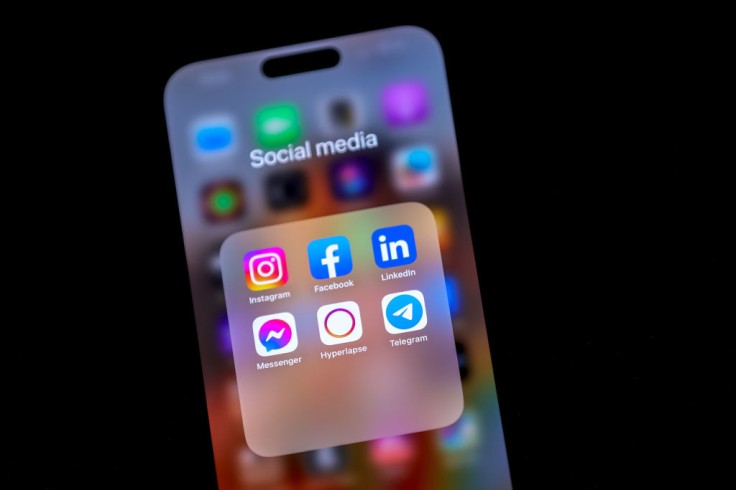
Louisiana has taken a significant step toward safeguarding children's online experiences with the potential implementation of a new bill, HB61.
If signed into law by Governor John Bel Edwards, the legislation will mandate that kids and teens under the age of 18 obtain parental permission before signing up for online accounts, including those for social media, gaming, and various other online activities.
The move reflects a growing trend in several states to protect young individuals from the potential risks and harms of unrestricted internet access.
Concerns over Children's Online Safety
According to CNBC, as digital platforms become increasingly integrated into the lives of young people, concerns about their safety and well-being have emerged.
Louisiana's HB61 seeks to address these concerns by placing a requirement on minors to seek parental consent when creating online accounts. The bill covers a wide range of services, including video games, social networks, and other platforms that facilitate the exchange of text, photos, or videos online.
By involving parents in the decision-making process, proponents of the legislation believe it will provide an additional layer of protection for children navigating the online landscape.
HB61 encompasses a comprehensive approach to regulating children's online activities. In addition to requiring parental permission for new accounts, the bill would nullify any agreements previously made by miners during the sign-up process.
Existing state law already empowers parents or legal guardians to rescind contracts their children enter into. Moreover, the bill allows online platforms to employ third-party services to obtain consent from parents, facilitating a streamlined process for account creation while ensuring compliance with the legislation.
Louisiana's proposed legislation reflects a larger national conversation about the balance between protecting children online and respecting their digital autonomy.
According to CNN, conservative states like Utah and Arkansas have already enacted similar laws, underscoring the widespread popularity of measures aimed at safeguarding kids from online harm.
However, it is worth noting that even liberal states like California, as well as certain Democratic lawmakers in Congress, have been actively exploring new regulations to mitigate the adverse effects of social media on young individuals.
Tech Industry and Civil Society Responses
The introduction of HB61 has sparked debate and garnered mixed reactions from various stakeholders. Tech companies, including internet giants like Amazon, Google, Meta, and TikTok, represented by the group NetChoice, have expressed their opposition to the bill.
They argue that while protecting children online is essential, such legislation fails to consider the positive aspects of social media, particularly for marginalized youth.
Critics also contend that stricter regulations may inadvertently limit the resources available to children in negative home environments and necessitate the collection of more user information, raising concerns about privacy.
Before the bill can become law, Governor John Bel Edwards must sign it. If approved, HB61 is set to take effect in August 2024, giving online platforms and families ample time to adapt to the new requirements.
Aside from Arkansas and Utah, The Verge also reported that the legislation's potential consequences extend beyond other states like Connecticut, Maryland, Minnesota, New Jersey, Ohio, and Texas, which have also contemplated similar measures.
Some lawmakers at the federal level have introduced bills, such as the Protecting Kids on Social Media Act, which proposes a nationwide age verification pilot program and stricter age restrictions for social media access.
In a digital age where children are increasingly connected, Louisiana's HB61 signals a commitment to protecting their online well-being.
By requiring parental permission for kids' online activities, the bill aims to strike a balance between the benefits and potential risks of the digital realm.
As the legislative landscape evolves, policymakers, industry stakeholders, and advocates will continue to grapple with finding effective solutions that ensure children can safely navigate the vast online world while preserving their rights and freedoms.